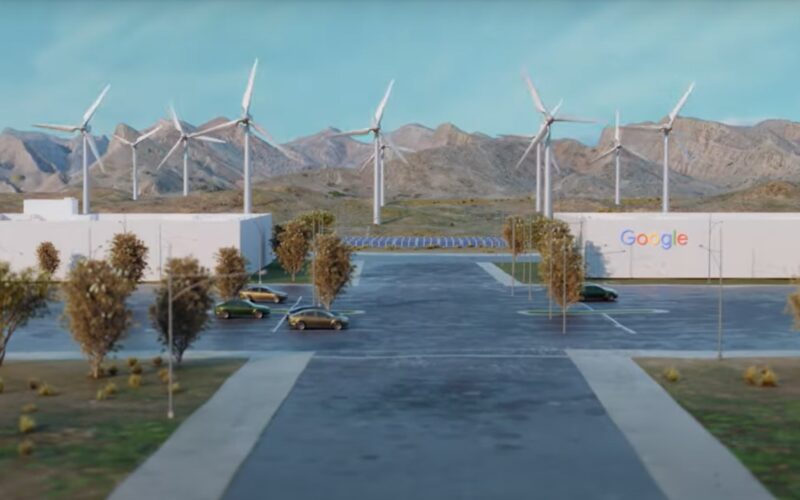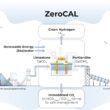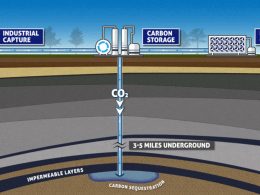Google has signed the world’s first corporate agreement to purchase nuclear energy from multiple small modular reactors (SMRs) being developed by Kairos Power, marking a major step in its efforts to accelerate clean energy innovation. This move builds on Google’s long-standing leadership in clean energy, having pioneered corporate renewable electricity purchase agreements over a decade ago.
The initial phase of the project aims to bring Kairos Power’s first SMR online by 2030, with additional reactors slated for deployment by 2035. The deal will deliver up to 500 megawatts (MW) of 24/7 carbon-free power to US electricity grids, allowing more communities to benefit from clean and affordable nuclear energy.
As artificial intelligence (AI) technologies continue driving breakthroughs in science, improving business services, and boosting economic growth, the grid requires new, reliable electricity sources. The partnership with Kairos Power helps fast-track nuclear technology, ensuring energy needs are met cleanly and reliably, while unlocking AI’s full potential.
Also, nuclear power offers a constant, carbon-free energy source, capable of meeting electricity demands around the clock. By advancing these technologies in collaboration with local communities, Google aims to help accelerate the decarbonisation of electricity grids globally.
This agreement is part of Google’s broader strategy to commercialise advanced clean electricity technologies for its global data centers and offices, complementing its use of variable renewable sources such as solar and wind. This approach will help Google reach its ambitious 24/7 carbon-free energy and net-zero goals.
The next generation of advanced nuclear reactors, including Kairos Power’s SMRs, offers a simplified design with robust safety features, making them quicker to construct and easier to deploy. Their modular nature enhances project predictability and reduces construction timelines.
Beyond environmental gains, investing in advanced nuclear technology promises significant economic benefits. According to the U.S. Department of Energy (DOE), nuclear power provides the highest economic impact among all power sources, creating high-paying, long-term jobs. The DOE estimates that reaching 200 gigawatts (GW) of advanced nuclear capacity by 2050 will require an additional 375,000 workers.
Kairos Power’s reactors use a molten-salt cooling system and a ceramic, pebble-type fuel, which efficiently transfers heat to a steam turbine for power generation. This passively safe design allows the reactor to operate at low pressure, leading to a simpler, more cost-effective nuclear solution.
To ensure success, Kairos Power will follow an iterative development process, conducting multiple hardware demonstrations before launching its first commercial plant. This strategy aims to speed up reactor deployment and provide greater cost certainty for Google and other customers.
















